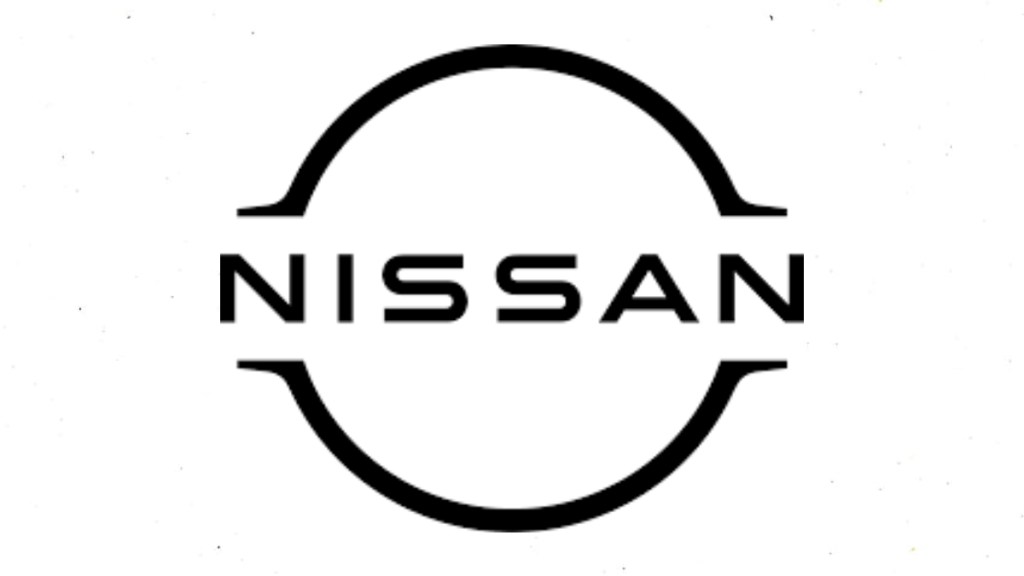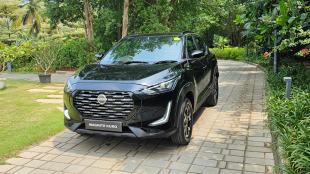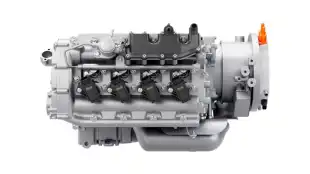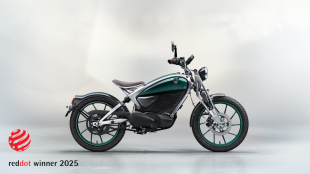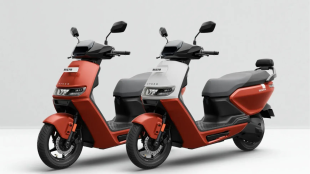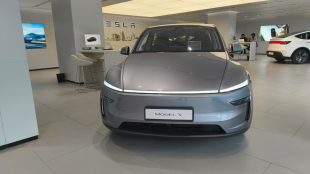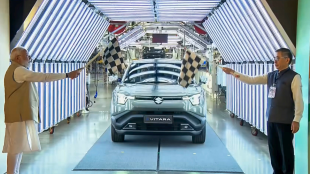Nissan Motor announced that the company will not be going ahead with its plan to build an electric vehicle battery manufacturing plant in Japan. Based on a report by Nikkei, it seems Japan’s third-largest automaker continues to be swept away in troubled times. Nissan said in January that it has received a go-ahead to construct a lithium iron phosphate (LFP) battery-making plant in Kitakyushu, the southern part of Japan.
The company has decided to pull the plug on the $1.1 billion LFP plant plan due to financial troubles. In an official statement, Nissan stated, “Nissan is taking immediate turnaround actions and exploring all options to recover its performance. After careful consideration of the investment efficiency, we have decided to cancel the construction of a new LFP battery plant in Kitakyushu City, Fukuoka Prefecture.”
Nissan EV ray of hope, now extinguished
In January 2025, Nissan revealed its electrification strategy, which included an LFP battery plant in Kyushu. The company is Japan’s number one electric vehicle manufacturer and was stepping on the accelerator with some serious expansion plans. Nissan wanted to start building the manufacturing facilities in April 2025 and start production on a massive scale by 2028. According to Japan’s Ministry of Trade and Industry (Meti), the production capacity would have been around 5 gigawatt-hours (GWh). The EV battery plan was supposed to create about 500 jobs.
New Nissan leadership, same woes
Nissan has undergone a significant leadership change, with Ivan Espinosa assuming the role of CEO, succeeding Makoto Uchida. Nissan was on the verge of signing a merger with Honda, but it fell through, and the board decided that was the last straw for Uchida and decided to opt for a change in the leadership.
Nissan will announce its earnings for FY2024- 25 this month, but they have forecasted an annual loss of $5.3 billion. In an official statement, Espinosa said, “We now anticipate a significant net loss for the year, due primarily to a major asset impairment and restructuring costs as we continue to stabilise the company.”
